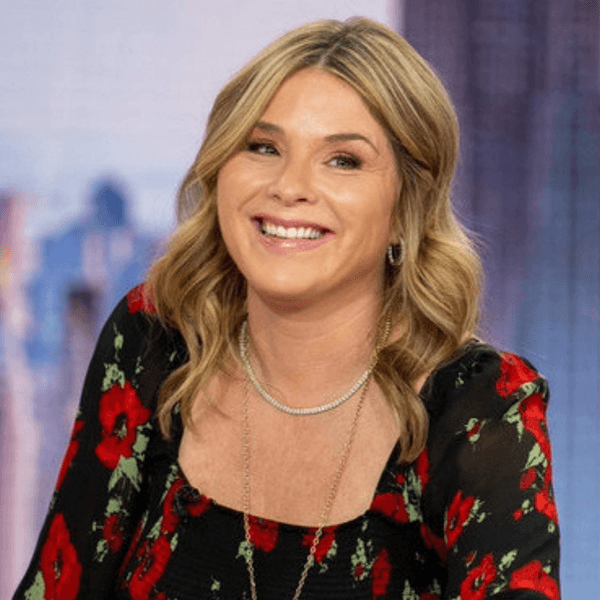3 New Summer Reads to Take You Back to School RN

Okay, we know the last thing you want to think about right now is going back to school, but here’s a college reading list we think you’ll even enjoy in the middle of summer. This week’s book club is a crash course in some college favorites — take electives in literature and marine biology, have a little sexy (and potentially embarrassing) fun and cap it off by acing a test you’ll actually want to take.
1. Monterey Bay by Lindsay Hatton ($21): College offers a variety of subjects and electives; one of its most exciting aspects is the ability to discover a new passion, in a way that might surprise you and might even shape the rest of your life. Take a few hours and immerse yourself in the worlds of literature, history and marine biology in Lindsay Hatton’s Monterey Bay, the story of how a young woman named Margot Fiske shapes the future of Monterey as she comes of age and later establishes the Monterey Bay Aquarium.
Hatton divides the story between 1940 and 1998, with alternating chapters showing Margot at 15 and 73. In the earlier chapters, after Margot’s entrepreneur father brings her to California, she starts to work with marine biologist Ed Ricketts, sketching the fish and mammals he catches. She quickly finds herself caught in a torrid sexual relationship with the man, who is working with her father to create an aquarium to replace the area’s largest cannery. Here’s where the history and literature come in: The real Ricketts was John Steinbeck’s friend, and the basis for many of his characters, particularly in his book Cannery Row. Margot has a front-row seat to the world of that novel as she navigates the relationship and her own education.
“She remembers three things he once tried to teach her: First, that human blood contains the exact same liquid-to-salt ratio as the ocean. Second, that murder can be necessary. Third, that living in a tank is exactly like being in love.” The older, wiser Margot returns to Cannery Row to fulfill her father’s dream, which has become her own. Hatton, who worked at the aquarium, imbues her description of the water and its denizens with such sensitivity and grace that you might be tempted to go back and change your major.
2. Losing It by Emma Rathbone ($18): College is about studying and broadening your knowledge base, but it’s also about knowing yourself, mentally and physically. This knowledge, paradoxically, often comes from our relationships with other people. Put less grandly: For a lot of people, college is about sex. We might be cheating a little here, because Julia Greenfield, the main character of Emma Rathbone’s novel Losing It, is still a virgin at age 26, long past her college days. But that also might be why she’s so desperate to do something about it. Rathbone, a Christopher Isherwood grant winner and frequent contributor to The New Yorker’s Shouts and Murmurs humor column, writes a witty and delightfully awkward tale of her hero’s quest to finally lose her virginity in an appropriate way.
“I sat at my desk and stared at a calendar with a bunch of tamales on it and played with a little piece of paper and thought about the fact that I was twenty-six and still a virgin. There was that, and then there was the fact that I couldn’t stop thinking about it.” Julia’s come close to, but not quite succeeded, in any number of things: She was almost an Olympic-level swimmer, but not quite. She almost found a job she didn’t hate in DC, but not quite. She’s almost lost her virginity, but not quite, and she can almost come home, but not quite; her parents are now in Costa Rica, so “home” becomes her unmarried aunt Vivienne’s house in North Carolina. Julia decides she needs a change of scenery and moves, but discovers that a small town and an aunt who’s a virgin herself might not be conducive to her goals.
The book captures both the awkwardness and the poignance of longing, indicating that the desire to lose one’s virginity, important in itself, might have important connections to other desires for success, completion and growth. Don’t worry, unlike the first-time experience of many a co-ed, reading this book won’t give you any morning-after regrets.
3. Multiple Choice by Alejandro Zambra ($9): The worst part of college (besides the hangovers) are the tough but necessary tests standing between you and your degree. In Alejandro Zambra’s bold and unconventionally formatted work of fiction, now available in translation by Megan McDowell, he asks whether a book can be written in the form of a standardized test. Part story, part philosophical exercise, and part choose-your-own-adventure, Zambra’s book has led The New Yorker to declare him “Latin America’s new literary star.”
Based on the Chilean Academic Aptitude tests, the questions and passages, which contain themes of love, family and a strong message to think for ourselves, invite the reader to collaborate with the author and choose her own order, meaning and value. Does “9. Teach” equal “a) preach, b) control, c) educate, d) initiate or e) screech”? How does your answer affect the questions around it, and what does it say about you? Pretty heady stuff for a bubbled-in Scantron.
Like your worst nightmare, this is a multiple choice test without any right answers; fortunately, there don’t have to be. The fun is in the considering of each one and the tales Zambra manages to weave in such an unusual way. The Huffington Post, Elle, The Wall Street Journal and the BBC all call it one of the best books of the summer, which we think translates to way more than a passing grade.
What’s on your required reading list? Tag us in your next A+ read @BritandCo.
Brit + Co may at times use affiliate links to promote products sold by others, but always offers genuine editorial recommendations.
(Featured photo via Getty)



















